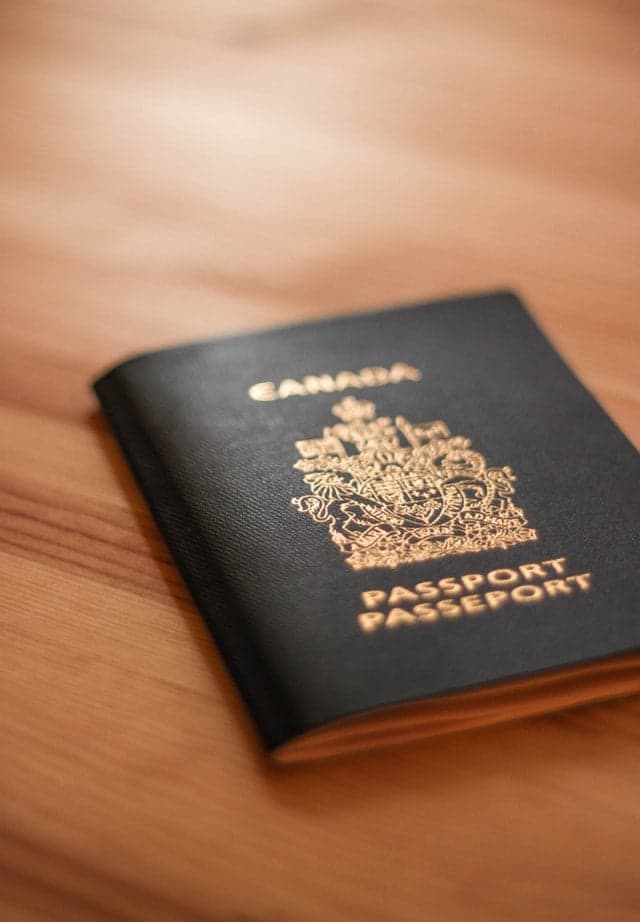Published:
The process of acquiring a second passport as means of citizenship is continuing to grow in popularity as more countries establish themselves in the industry. For passport owners, the return on investment ranges from increased access and establishment in new markets to owning luxurious homes in coastal regions. For participating countries, the potential for job creation or financial support is among the benefits. The trend has gained significant traction, climbing to what is now a multi-billion dollar industry.
International business continues to progress as an interconnected system while citizenship by investment programs expand the reachability of business professionals. The perks of purchasing passports help attract high-status individuals, which in turn exposes both the country and potential investor to resources and opportunities. Passport holders are afforded entry to markets in which they can diversify and expand their assets, access to unique tax benefits, and options for opening bank accounts in stable economies. A growing number of business owners from the United Arab Emirates are seeking out second passports in efforts to globalize. Passports with more options for visa-free travel are highly desirable for entrepreneurs and business owners, as the passport will lessen the likelihood for obstacles to expansion such as visit visas or other restrictions. For the past decade, the largest collective market for citizenship investment programs has been the Chinese—more than 100,000 Chinese residents spent a total $24 billion on passport investments. The price tag for obtaining citizenship varies depending on the country: the price correlating with the number of visa-free countries the passport grants access to.
The countries offering citizenship programs are allocating their generated capital to give back; passport funds are helping to build and sustain communities as well as absolve financial burdens. Citizenship investments in St. Kitts and Nevis helped decrease their national debt from 164 percent of GDP to 104 percent; further, the country received hundreds of millions of dollars to go toward development and infrastructure improvements. Growth in the industry has led countries like Malta and Cyprus to establish citizenship programs, with hopes of attracting investors to relieve some of their own burdens. Participating countries have even started developing programs aimed to attract specific types of potential citizens. Canada’s Start-Up Visa program is structured around connecting immigrant entrepreneurs and private sector organizations to spark the creation of new business deals.
The 11th annual Global Residence and Citizenship Conference will focus on discussing upcoming trends in the industry as well as implementing new programs. International delegates, government officials, and industry professionals are among those who attend the conference.
File under






